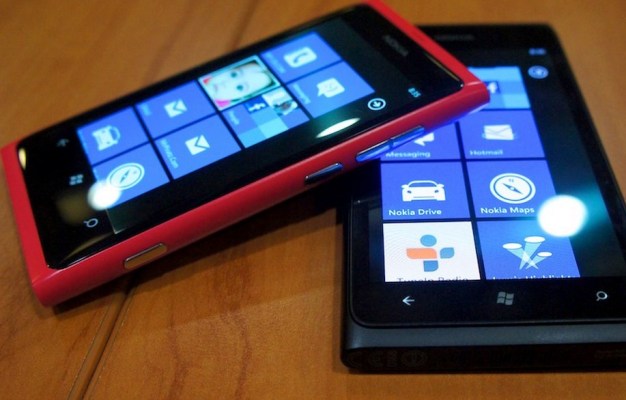The news that Microsoft has purchased substantial assets from Nokia came as a surprise, but perhaps it shouldn’t have. The underlying reason that Microsoft had little choice but to buy Nokia is plain: Nokia had too much control over the Windows Phone platform, and Microsoft could not afford to lose its primacy over its mobile efforts.
How did we end up in this situation? Simple: Microsoft granted Nokia special privileges to adapt Windows Phone to its own preference, and Nokia over time became the most popular Windows Phone manufacturer. Then it became essentially the only Windows Phone hardware company. This is where its rights to change Windows Phone came to bear as a problem for Microsoft: If Nokia were the only Windows Phone OEM that mattered, and it could change the operating system, Microsoft had little control over its own platform. Sure, it built the developer tools, but if it could not control the user experience, in a real way its mobile operating system was outside of its own control.
That was not acceptable. Microsoft claims that it wants to work with other hardware providers to build Windows Phone handsets. And HTC might stick around, but Microsoft has now cornered its own market, and that will limit external interest.
It cost Microsoft billions in cash, and likely a continued profit drip as Nokia, let’s be frank, loses money and it seems likely that the assets that were purchased won’t be cash-flow positive. But now, instead of losing control of its platform, Microsoft controls it in a way like never before. And like it never has with Windows, despite its efforts in that domain to tighten its grip with the Surface project.
Microsoft is a company that until eight minutes ago depended on external hardware providers to act as conduits for its software products. Surface was a first salvo against that past. Nokia as a purchase is its complete repudiation. Windows Phone could, if past trends persist, could ship 10 million units in the fourth quarter of 2013. Now, those will be Microsoft handsets (yes, the deal doesn’t close until 2014, but we’re speaking functionally, not pedantically).
The platform wars are now better defined: Apple, Google, and Microsoft control mobile software and hardware internally, which allows them to push their own services to mobile users. Mobile is the key future platform. Therefore, companies in tech can be cleaved into two camps: Those who have their own mobile platform, and those who have to schlep on the platforms of others.
Yahoo, for example, is a bet that the latter can work. Microsoft doesn’t seem to agree.
Top Image Credit: Vernon Chan
